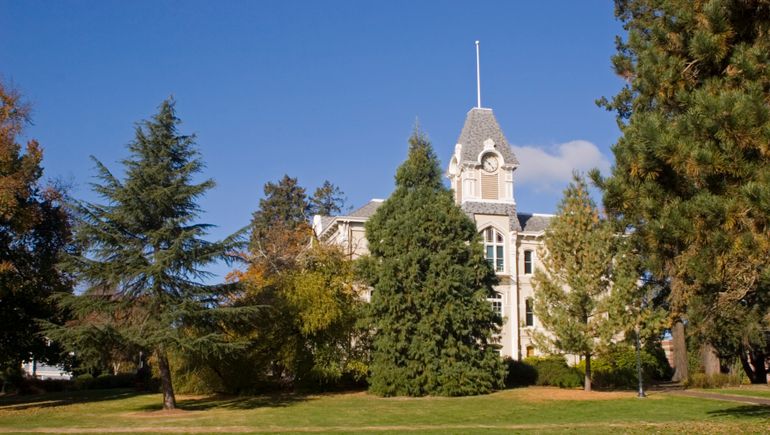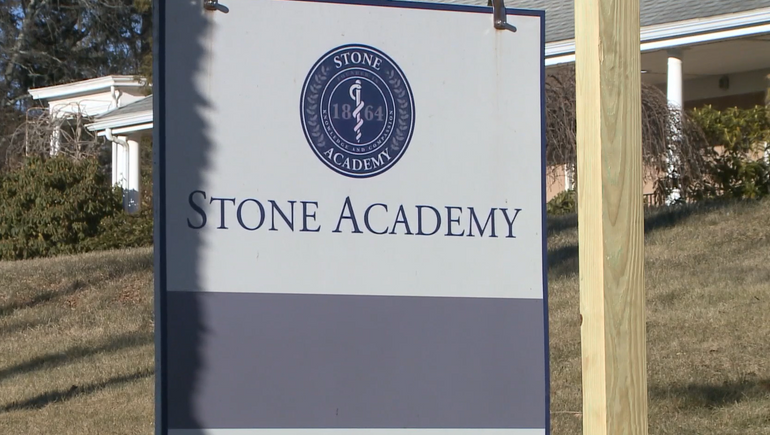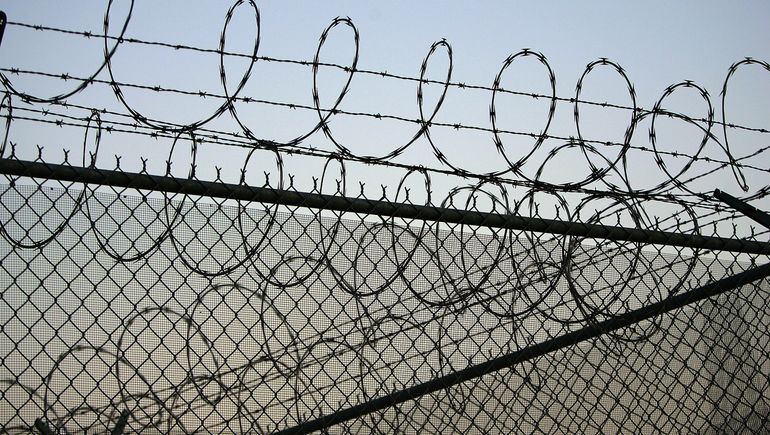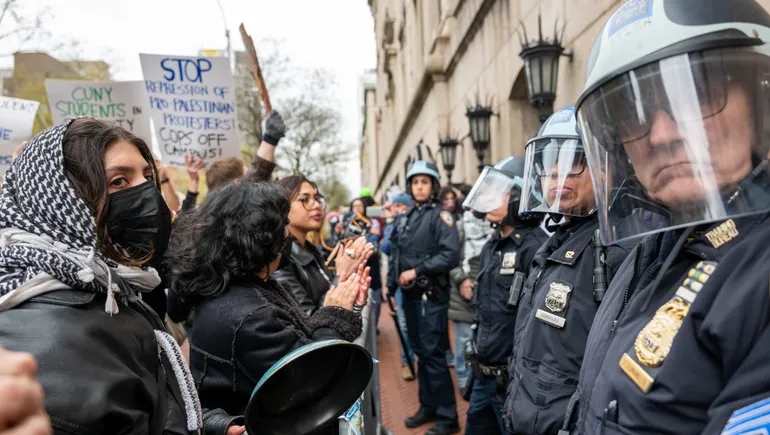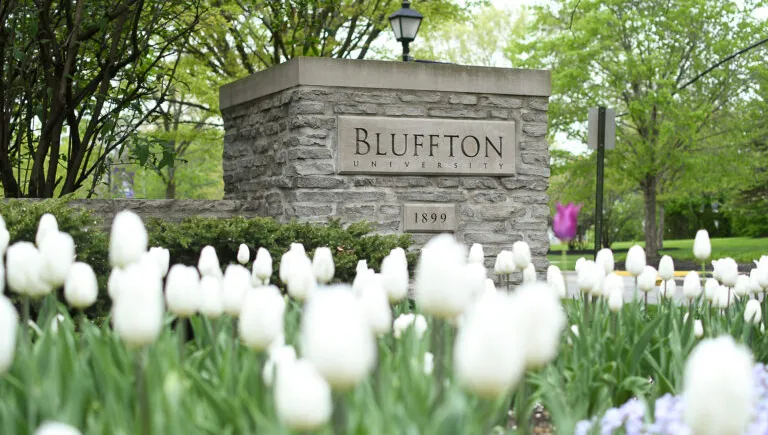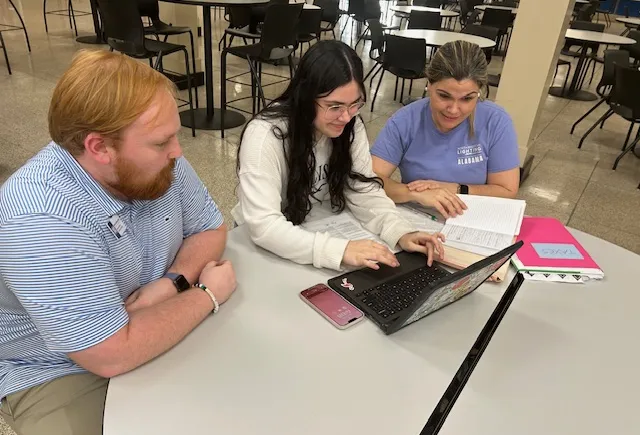[ad_1]
Dive Brief:
- Some colleges are pushing back their enrollment, application and financial aid deadlines after the U.S. Department of Education announced it wouldn’t transmit Free Application for Federal Student Aid information to colleges until March.
- Kalamazoo College, Lewis & Clark College, and Oregon State University have pushed their commitment deadlines to June 1 for some students. Widener University said it would suspend its May 1 deadline and consider another.
- Marquette University said it will not be enforcing its financial aid priority deadline of Feb 1. The University of New Hampshire said it planned to keep its admissions application open until more information is available about the timing of award information.
Dive Insight:
The news that colleges won’t receive FAFSA applicant info until March compresses an already tight timeline. Usually, the FAFSA opens in October and colleges receive data shortly thereafter. This year, the Education Department didn’t make the form available until late December, as it made changes intended to simplify the process.
In 2020, Congress mandated that the agency significantly update and streamline the FAFSA. The changes are meant to shorten the form and expand access to federal Pell Grants. However, the rollout has been hindered by glitches, tweaks and technical failures.
Amid these challenges, state agencies, which often rely on FAFSA data to award grants, have also pushed back their own timelines amid the delays. Maryland, Mississippi and Tennessee have all extended their deadlines for state financial aid applications.
And this week, 10 financial aid and higher education organizations, including the National Association of Student Financial Aid Administrators, called on institutions to extend their enrollment and financial aid deadlines past May 1.
Because colleges will not receive financial aid information about applicants until March, they may offer award letters to prospective students later than usual, giving students less time to make informed decisions about enrollment.
“We all want students and families to have the time they need to consider their financial options before making enrollment decisions,” the organizations wrote in a statement.
Brett Schraeder, managing director of financial aid at education consulting firm EAB, said some administrations regretted moving their deadlines in the wake of the COVID-19 pandemic, and they may be reluctant to do so again. For others, it may still be too early to decide to move a deposit deadline if they believe they can still get award letters out by early April.
But being flexible, even in ways that don’t amount to a blanket extension, will help students make an informed decision and give an institution the ability to pivot if there are further delays, Schraeder said.
While there have been relatively few announcements of deadline extensions so far, administrations are likely still talking about what is possible. Schraeder said he expects to see more movement in the coming weeks.
Communication with students, most of whom are now able to submit the FAFSA, will also be key to helping them enroll, he said.
“What we don’t want is for students to read the headlines and get frustrated or say, ‘This just isn’t even worth waiting,’” Schraeder said. “We want students to hang in there.”
[ad_2]
Source link

